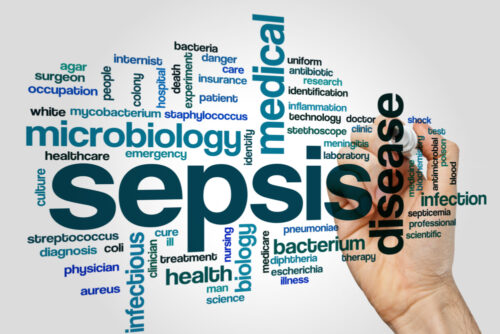
Pregnant women face a lot of risks that can harm them and their unborn babies. They may not realize that sepsis is one of these. While the risk of sepsis isn’t one that’s great, doctors who treat these women should watch for signs that something is amiss.
While some people think that sepsis is an infection in the body, it’s not. Instead, sepsis is the body’s reaction to the infection. It causes inflammation that can result in death. The death rate for sepsis around the world is about one-third of people diagnosed with it. For pregnant women in the United States, sepsis is the second-leading cause of death related to pregnancy.
What can cause sepsis in a pregnant woman?
Any infection in the body can cause sepsis. The infection doesn’t have to be related to the pregnancy, but women sometimes get urinary tract infections during pregnancy. Premature rupture of the membranes when it doesn’t trigger labor can lead to an infection that may cause sepsis.
Some women will have postpartum sepsis, which means that they suffer from sepsis within the six weeks following delivery. This is often due to an infection after vaginal birth or C-section. In some cases, mastitis, or an infection in the breast, can lead to sepsis.
Proper management of sepsis is critical in all cases, but doctors have to be sure they’re weighing what’s best for the fetus and the mother when a pregnant woman becomes septic. Improper management could result in the death of the baby or the mother. This is simply unacceptable. When malpractice or negligence plays a role in the issue, it’s time to seek experienced legal guidance.









